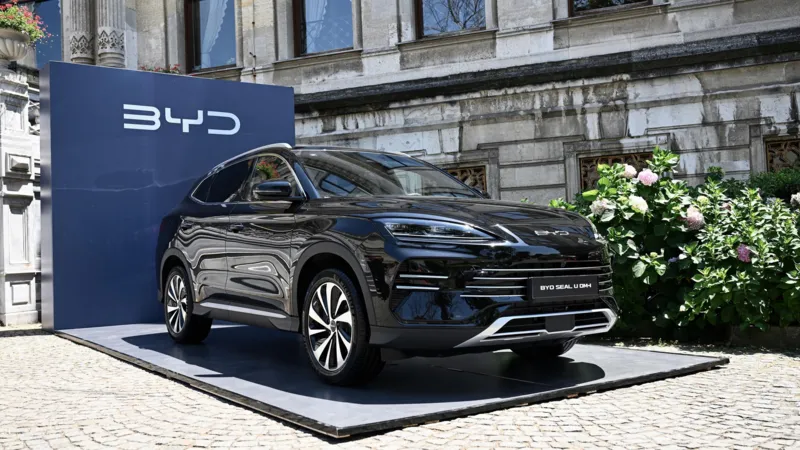It reported revenue of over 200 billion yuan ($28.2 billion, £21.8 billion) from July to September. Compared to the same time last year, this is a 24% increase and surpasses Elon Musk’s company’s $25.2 billion quarterly revenue.
Nevertheless, in the third quarter, Tesla sold more electric vehicles (EVs) than BYD.
It occurs at a time when government subsidies to entice people to switch from gasoline-powered vehicles to electric or hybrid vehicles have been driving up EV sales in China.
In the final month of the quarter, BYD also set a monthly sales record, indicating that the bestselling automaker in China is still gaining ground.
However, the Chinese government’s support for indigenous automakers like BYD is facing increasing international criticism.
European Union import taxes of up to 45.3% on Chinese-made electric vehicles went into effect throughout the EU earlier this week.
The United States and Canada already imposed a 100% tax on Chinese EV manufacturers.
The unjust state subsidies of China’s automobile sector are the reason for the levies.
According to official figures, 1.57 million applications had been made as of last week for a $2,800 nationwide subsidy for each older car that was turned in for a more environmentally friendly one.







